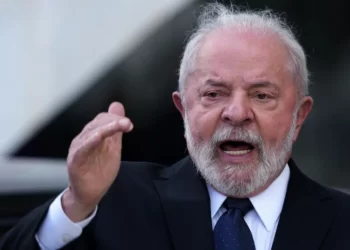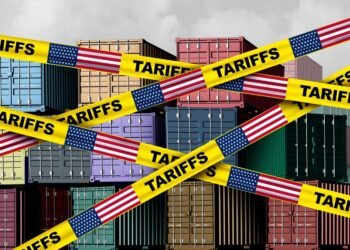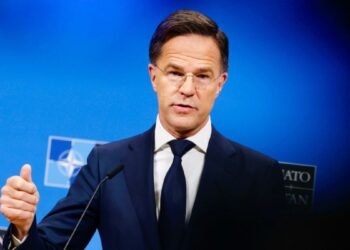Members of the European Union have agreed on a fresh set of sanction against Russia for its war in Ukraine. These sanctions are intended to prevent evading of the restrictions by third parties and businesses.
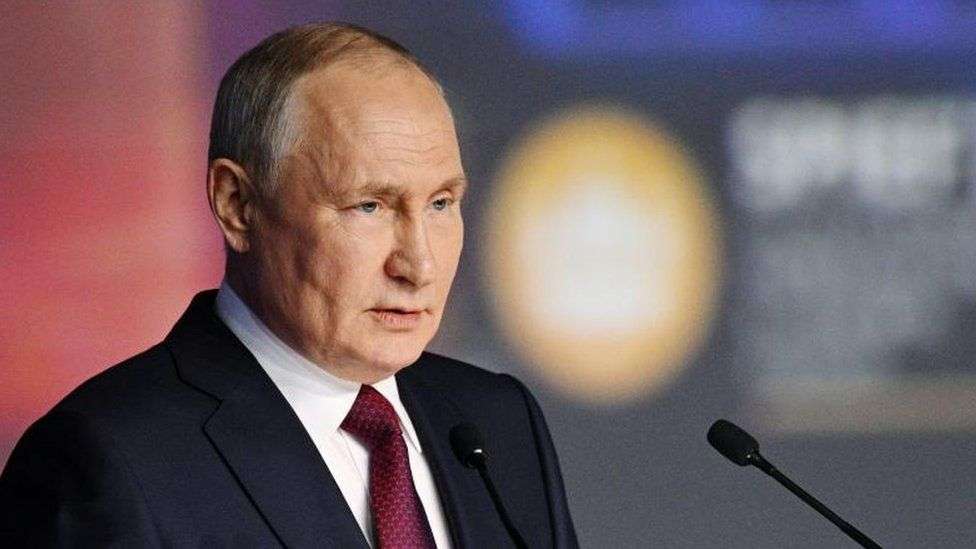
Since President Vladimir Putin deployed his soldiers to Ukraine in February 2022, the EU has sanctioned Russia as many as ten times. Even the critical portions of Moscow’s energy sector have been affected, along with banks, businesses, and markets. There have been frozen assets and travel restrictions affecting more than 1,000 officials.
However, closing loopholes has been the focus of the most recent round of sanctions, in order to prevent crucial support for Putin’s war campaign, from passing through countries that trade with the EU, and have also maintained business relationship with Moscow.
The latest package, according to European Commission President Ursula von der Leyen, will “deal a further blow to Putin’s war machine with tightened export restrictions, targeting entities supporting the Kremlin.”
“Our anti-circumvention tool will prevent Russia from getting its hands on sanctioned goods,” she continued.
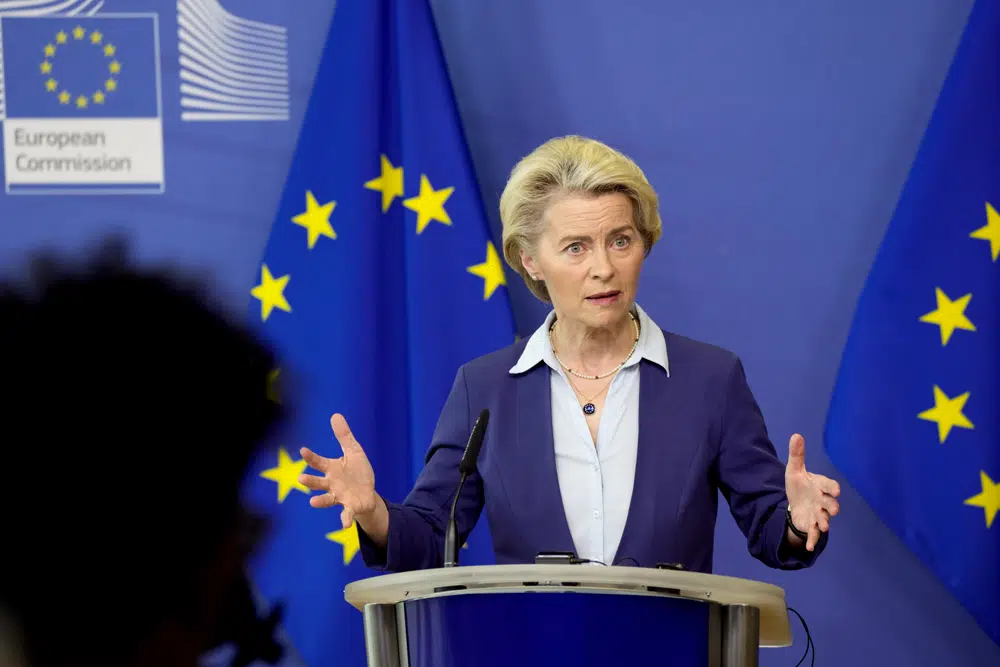
Apart from penalties targeting Iranians, suspected of delivering drones to Russia, efforts to target trade through other nations have never before been made public. Additionally, it forbids the movement of goods and technologies through Russia, that could advance its defense and security industry.
According to the most recent package, the EU would be allowed to take harder measures to stop any conduct if, for instance, shipments of a particular computer chip increased five-fold in one country, while increasing by roughly the same amount to Russia.
Moreover, the new package expressly permits the imposition of restrictions on the sale and export of sensitive dual-use items and technologies to third nations, which could then transfer those goods and technologies to Russia. The EU might put even greater pressure than before to stop the conduct under the new regulations.
An official from an EU nation who spoke on the condition of anonymity disclosed that, the rules “do give the EU a big stick with which to say: ‘please don’t do it,’ and then, if it continues, we go to restrictive measures.”
Since the EU doesn’t want to enrage states right away, the regulations cannot be excessively rigid.
“We need to look for a balance with nations. When we address their bad behavior, we have to make sure we don’t immediately drive them into the arms of Putin.”
Ursula Von der Layen, EU Commission President.
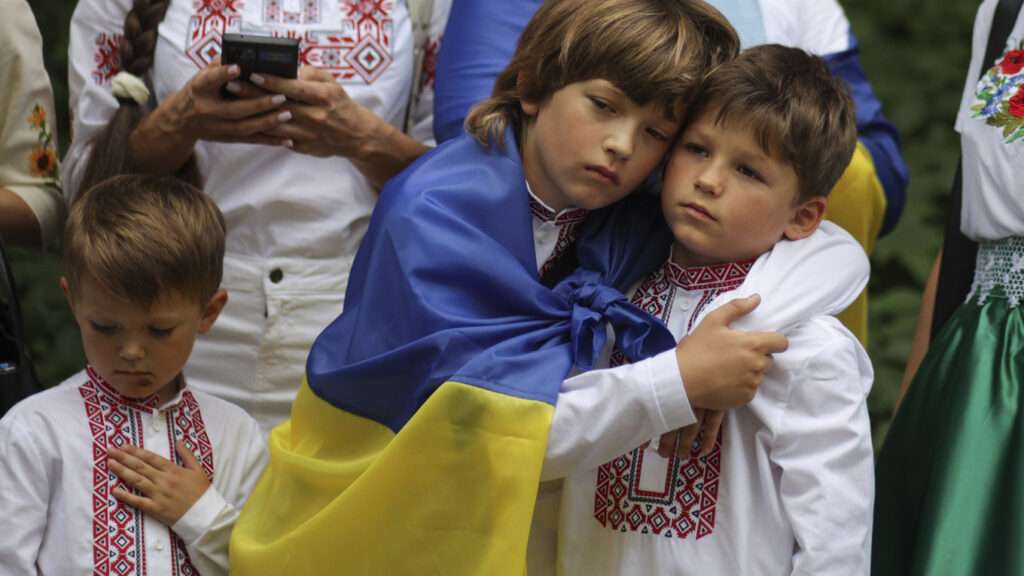
Additionally, in connection with the unlawful transportation of Ukrainian kids to Russia, the new package also targeted 71 additional individuals and 33 entities.
The new sanctions also forbid ships engaging in ship-to-ship transfers from entering EU ports, if there is reason to believe the ship in question is violating the bloc’s embargo on the import of Russian crude oil and petroleum products by sea.
The package also extends the suspension of five state-controlled Russian media outlets’ EU broadcasting licenses.
In the past, sanctions have been decided in haste, which was swiftly made by the EU. However, since new policies harm some member nations’ economic and political objectives, while aiming for the Kremlin, it would be difficult to gain support for the new packages.
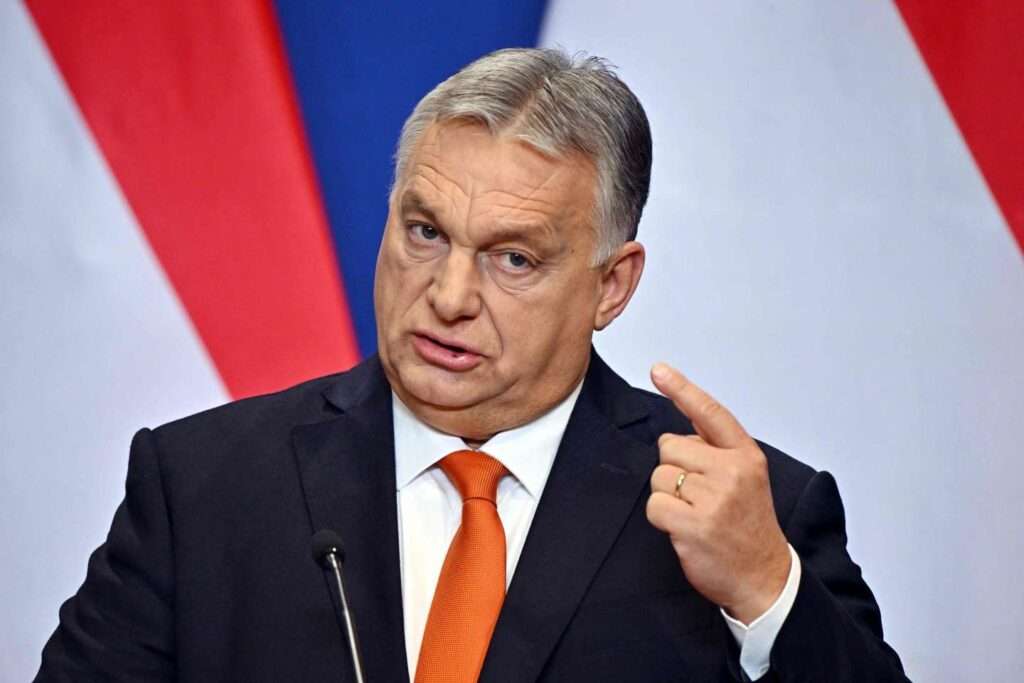
Furthermore, Hungary earlier this week stated that, it would oppose EU measures aimed at the Russian state-owned nuclear energy business Rosatom, citing the significance of nuclear energy for Europe’s environmental and security objectives.
Budapest inked new deals in April to maintain its access to Russian energy, demonstrating the country’s ongoing diplomatic and trade connections with Moscow, which have surprised some European leaders in the midst of the conflict in Ukraine.




